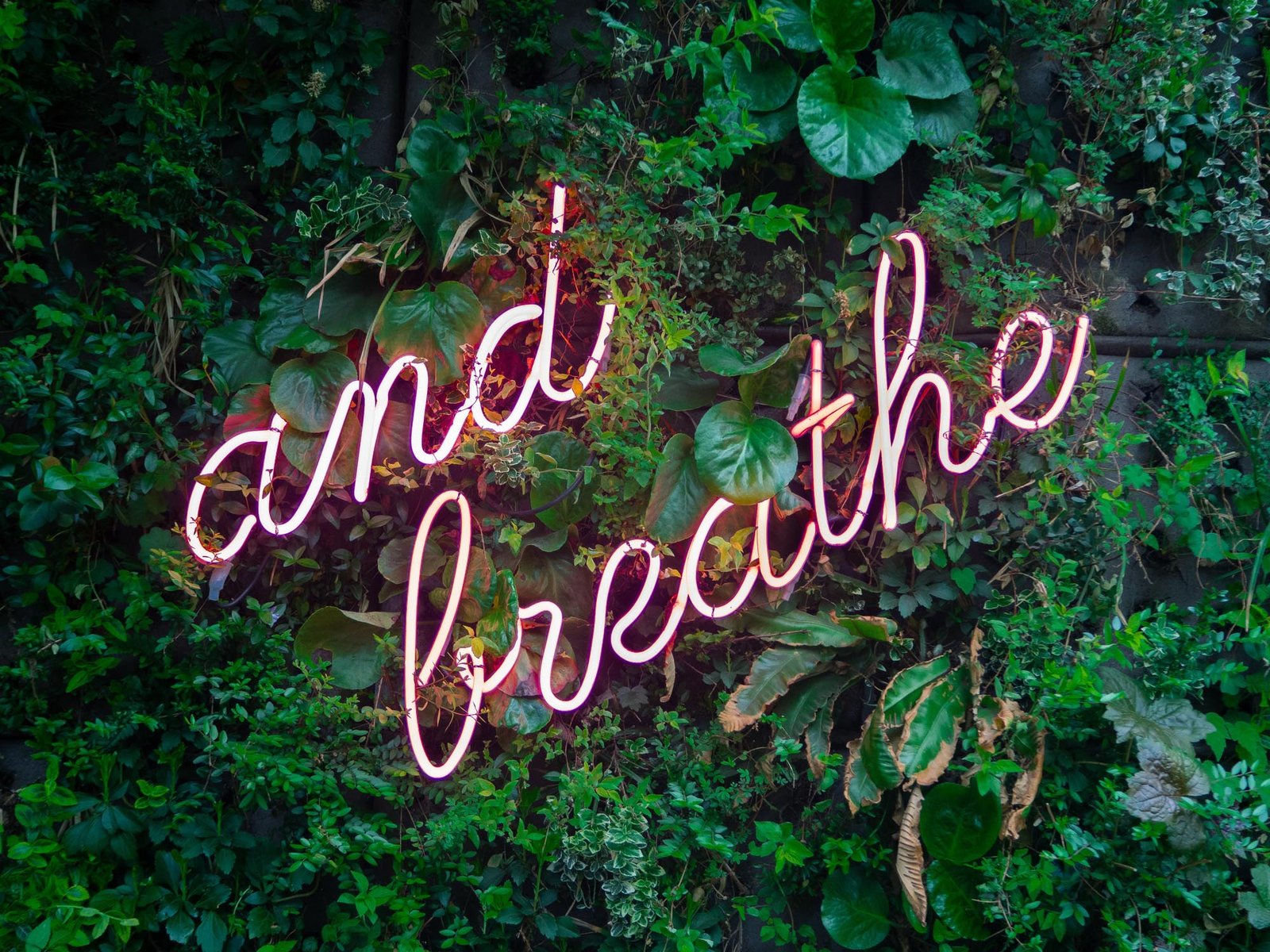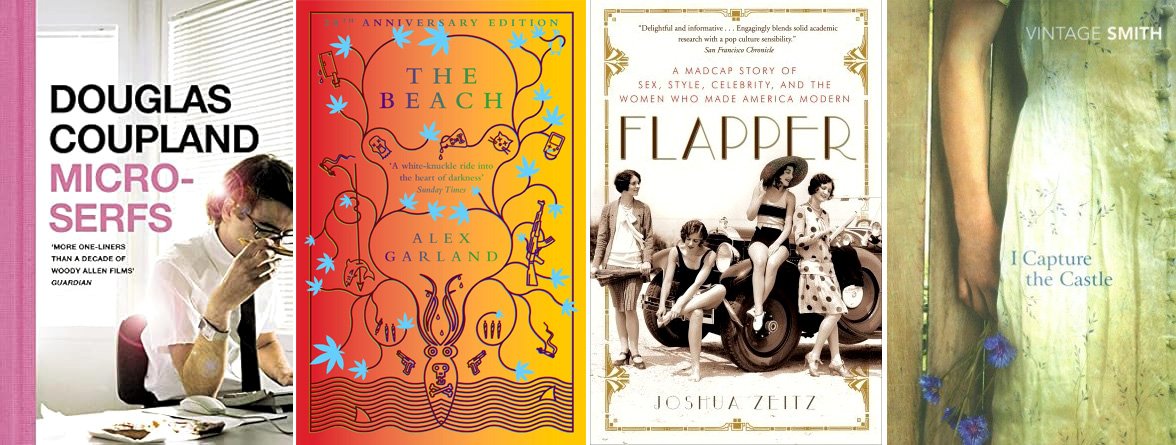8 easy tips for reading more books (and spending less time staring vacantly at a screen)
We’re all trying to cut down on our screentime, aren’t we? Most of us would like to read more books, whether to boost our depth of knowledge or as a way to unplug and relax. I’m as guilty as anyone of spending too much time on screens (I say, as I cue up yet another episode of Below Deck), but a few small changes to your daily life might be all that’s needed to help you read more. Here are eight tips from me:
1. Listen to audiobooks
When I became an audiobook convert about ten years ago, I immediately doubled the amount of books I was reading. Suddenly I could “read” while cooking, cleaning, doing DIY, or simply going for a walk.
If you’re resistant to audiobooks because they feel like cheating (wrong, it’s not cheating) or because you grew up with books on tape that sounded like they’d been recorded down a well, it’s worth taking a second look (a second listen). Many modern audiobooks are truly masterpieces of performance that can sweep you away to another place even quicker than a regular book.
You don’t need to become a slave to Audible, either. Check if you can stream audiobooks for free through your local library (so many people don’t realise this is an option!). There’s also Listening Books, a charity that provides cut-price audiobooks (the all-you-can-eat subscription is £25 a year) to anyone who struggles to read for physical or mental health reasons (this includes depression or suspected ADHD).
2. Start DNFing. A lot.
I like to track how many books I read per year and I was startled to find my number increased substantially a couple of years ago. I couldn’t figure out why – until I realised it was down to a shift in habits. I’d started giving up on more books (DNFing or Did-Not-Finish-ing).
DNFing was freeing me up to read more of what I actually enjoyed. My overall speed of reading shot up, because I wasn’t dragging myself through dull books like a bored little snail.
Look, I know DNFing is contentious, but it’s really not a moral failing. A book doesn’t have to be bad for you to DNF. Just because you give up on it now doesn’t mean you can never read it in the future. And definitely don’t fall into the sunk-cost fallacy of “well, I’ve read half of this book, so I should probably finish”. Nope. Just close the book, literally, and move on to something else.
True, DNFing can get expensive, which is why I recommend using your local library.

3. Join the library
My printer recently broke and so I’ve been doing all my printing at the library. Friends keep asking, “Wait, you can do that?” Yep, you can so much more than you realise at the library. For one thing, it’s absolutely crazy that you can walk out with armfuls of books, without paying anything, and not get arrested.
Even if you can’t be bothered to go to a physical library, you can check out ebooks and audiobooks at home. Most libraries even let you join online.
Perhaps you’re worried about overdue books from a decade ago that you never returned. I promise you that the library staff doesn’t have a Most Wanted poster of your face on the wall. Some libraries have an amnesty policy, but even if they don’t, the maximum you’ll ever pay for an overdue or lost book is £10–15. It’s not much compared to the ability to check out hundreds of books a year, is it?
(You can get my novels from the library. Just thought I’d mention that.)
4. Re-read a children’s book or an old favourite
One of the best pieces of advice I’ve ever heard is: when you’re struggling to find happiness as an adult, seek out the hobbies you enjoyed when you were a child or teenager. Seeking out books you loved as a kid can also unlock parts of you that you thought were lost.
Your reaction might be, “Children’s books? Those don’t count!” To which I say: yes, yes, they do. Just as DNFing books isn’t a moral failing, neither is reading children’s books, YA books, or anything from a genre (sci-fi, romance, dinosaur erotica, etc.). If reading it is making you happy, keeping doing it!

5. Take a book with you… or leave it around your house
I find I’m more likely to read, rather than switching on the TV, if my latest library book is there in the living room, looking at me, saying, “Hey, Nicola, don’t you want to read me?” (Should I be worried that my books have both eyes and mouths and know my name? Maybe.)
Scattering your home with breadcrumb trails of books might prompt you to read more. Shoving a paperback in your bag when you leave the house will also help. Even if you only read for five minutes here and there, having a book to hand will help downtime pass more pleasantly.
6. Put the Kindle app on your phone
If the idea of carrying a book with you is annoying, the digital version is to download the Kindle app to your phone. The app is free, and you can pick up new releases and old favourites as 99p deals, so it won’t be expensive to stock your phone with a few books to read.
Yes, this is technically screentime, and reading on a phone is less fun than reading a paperback. But, if you’re stuck waiting for a train, I promise you’ll feel better after ten minutes of a novel than you will after ten minutes of Instagram.
7. Join a book club
Book clubs have a reputation for being snooty and filled with intimidating people who can’t wait to talk about Nietzsche. While there may be a grain of truth to those clichés, there are also friendly, fun book clubs out there, if you go looking for them.
I enjoy my book club because it pushes me to read beyond my comfort zone. And if I don’t enjoy the book in question? I can DNF, baby – and then go along to the book club meeting and hear what other people thought.
Contrary to popular belief, as a book club member, you’re not legally required to finish (or even start) every book club book. It’s just a little nudge towards what might be your new favourite book, and a chance to geek out over literature with likeminded people.
8. Get book recommendations from friends
Ask a friend to recommend their favourite book and you might end up with a new shared interest and a book you can’t put down. (Or you might read the book, hate it, and awkwardly never mention it again. But let’s expect the best and not the worst.)
Since, by reading to the end of this long article, you are now my best friend, I will recommend to you some books. In my opinion, these are solid gold recommendations – easy to read, not too long, with wide appeal. Of course, the true secret to reading more is to only pick up really, really good books.

Here are my recs:
- Microserfs by Douglas Coupland (fiction) – Following a friend group of Microsoft employees who depart for a Silicon Valley startup in the mid-90s, Microserfs should feel dated, but it surprisingly… doesn’t? It’s funny and sweet and a balm for the soul.
- The Beach by Alex Garland (fiction) – Ignore the mediocre Leonardo DiCaprio movie. This tale of backpacker bliss gone bad is nonstop action-adventure with a surprising amount of depth.
- Flapper by Joshua Zeitz (non fiction) – This book combines history with storytelling in a way that feels effortless, delving into the lives of the some of the 1920s’ American icons. Very fun.
- I Capture the Castle by Dodie Smith (fiction) – This story of a pair of sisters living in a crumbling country house, who’ll do anything to get out of poverty and find their way in the world, is a warm hug in the form of a book.








One Comment